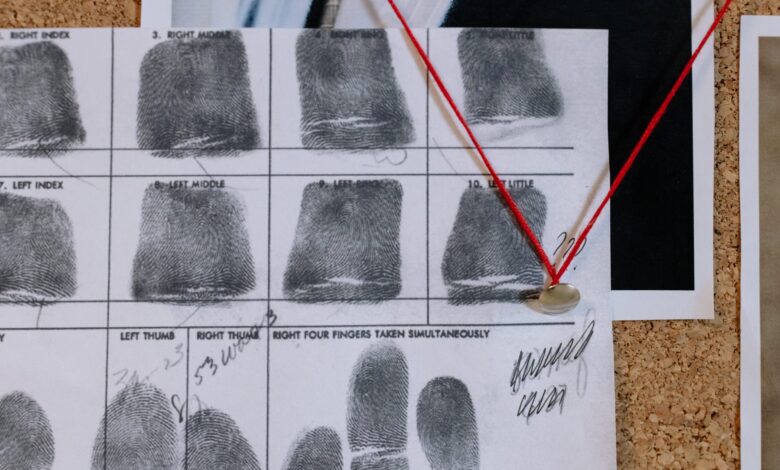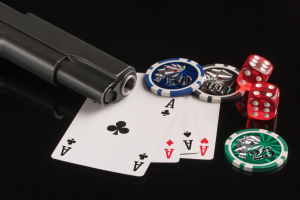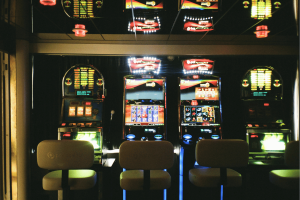
A team of scientists have trained artificial intelligence (AI) to examine thousands of fingerprints and in response, the tool has found that our details may not be unique, as reported by BBC News.
From biometrics to unlocking our mobile devices to falling on the wrong side of the law, our prints have long been considered a true record of who a person is, but have we had it all wrong?
The US research project from Columbia Univerity specifically worked to see if the AI creation could discern what prints belonged to the same person from a set of 60,000.
Their findings claimed the technology could identify which prints came from the same person with an accuracy of 75-90% but the caveat is they are unsure how it works.
It could be that AI is taking a different approach when it comes to the analysis of the prints. Traditional methods tend to focus on minutiae – the way individual ridges end and fork – but this new approach could be paying closer attention to the ridges in the center of a finger.
Open to debate
Professor Hod Lipson, a Roboticist at Columbia commented on the intrigue: “It is clear that it isn’t using traditional markers that forensics have been using for decades. It seems like it is using something like the curvature and the angle of the swirls in the center.”
However, the development doesn’t come as a shock to an academic in England.
Graham Williams, professor of forensic science at Hull University told the BBC that unique fingerprints had never been a definite matter.
“We don’t actually know that fingerprints are unique. All we can say is that as far as we are aware, no two people have yet to demonstrate the same fingerprints.”
The outcome will be more research, study, and discussion. The report indicates these findings will not have a significant impact on the field of forensics at this point.
Having been peer-reviewed, the Columbia University study will be released on Friday in the journal Science Advances.
Image credit, cottonbro studio, pexels.com
Source link




